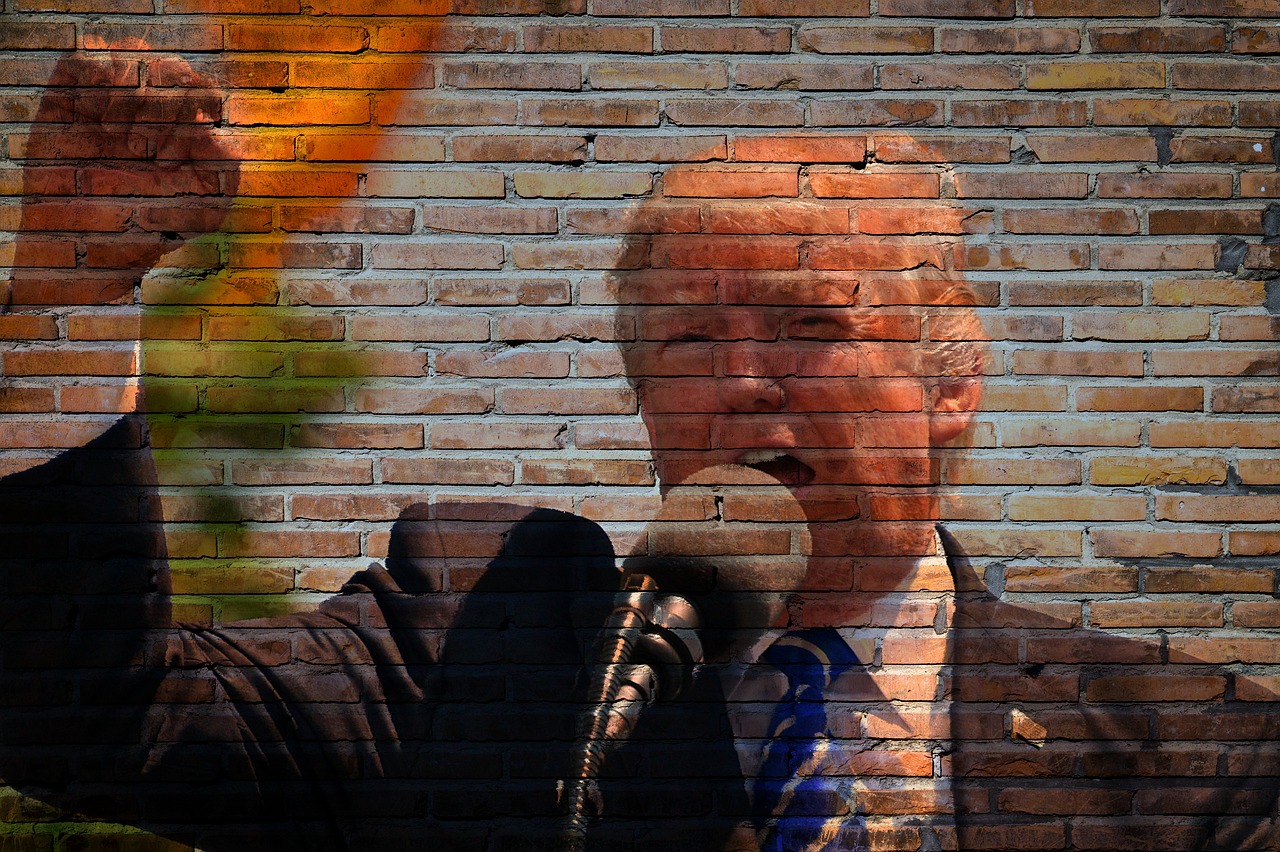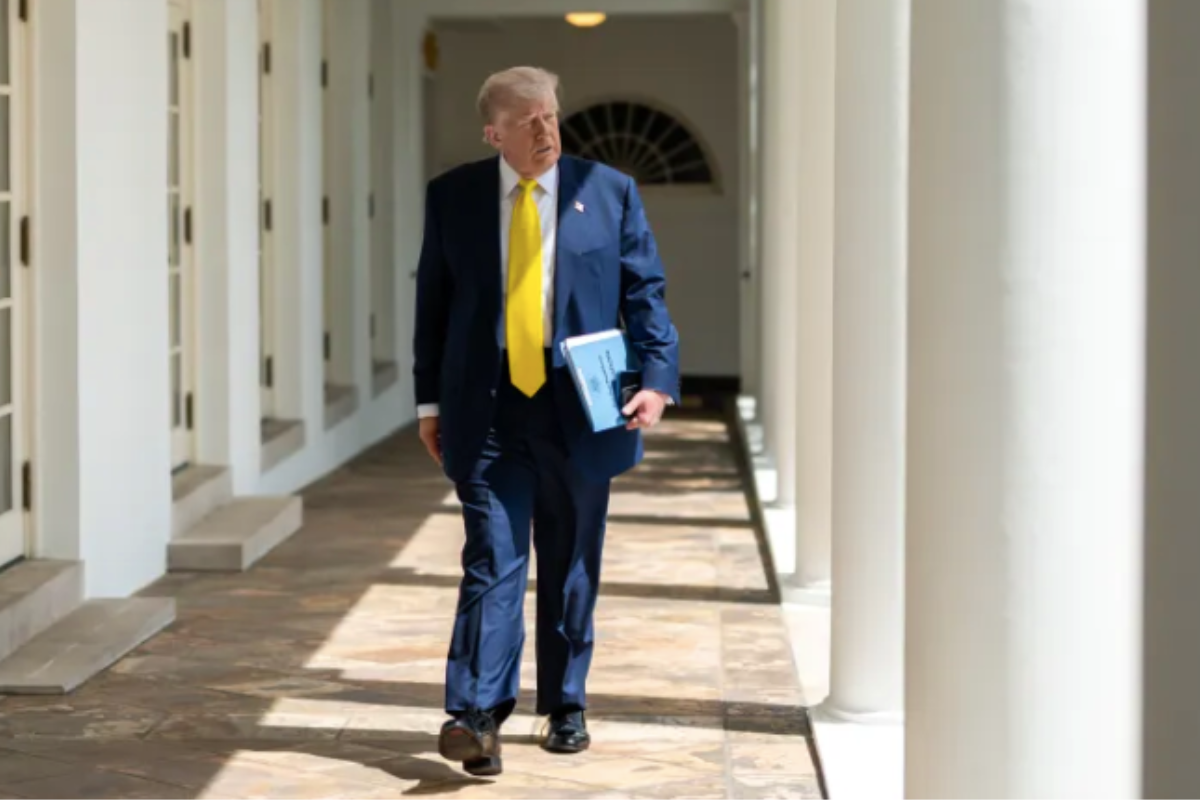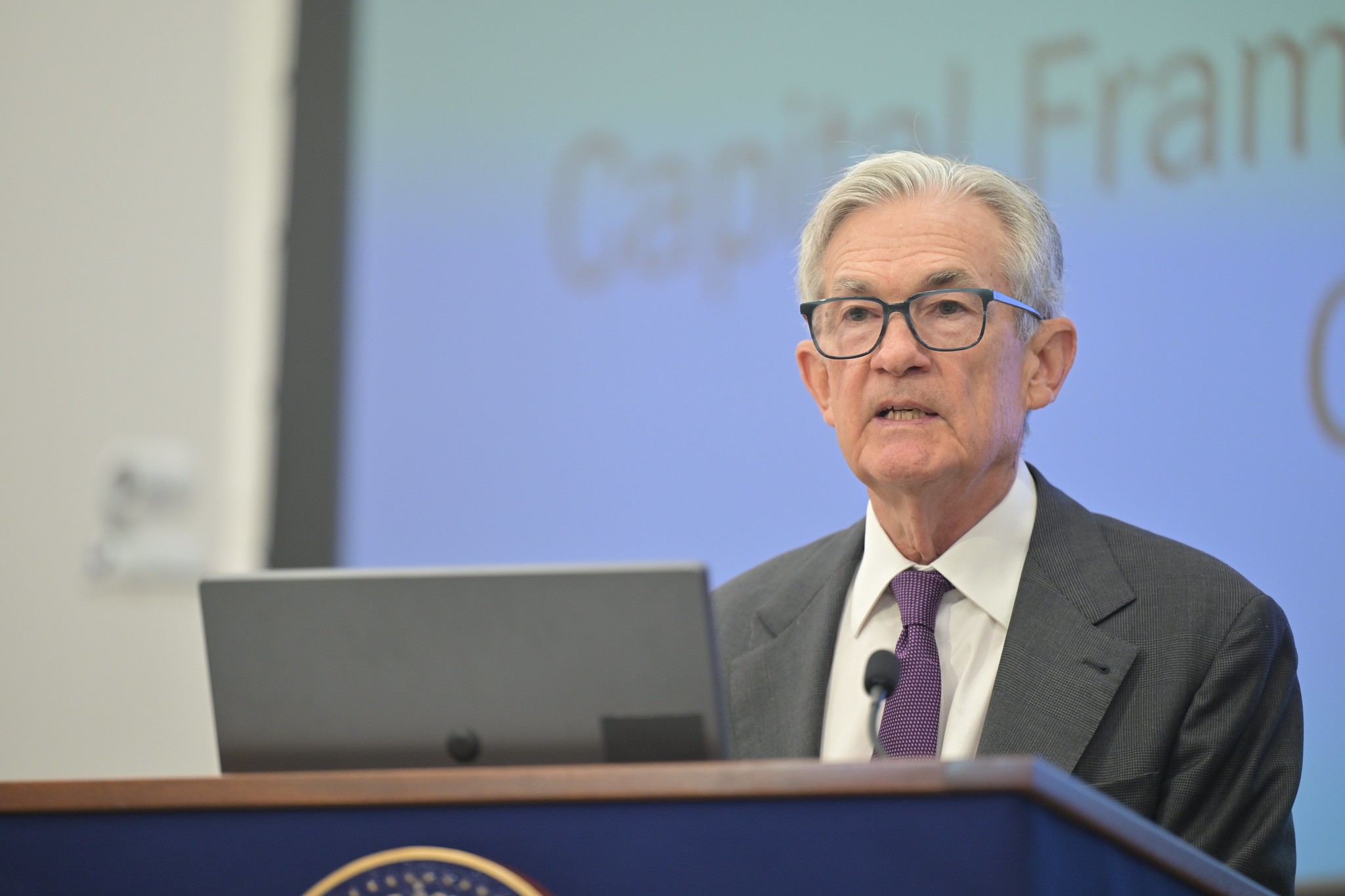The intentions of U.S. President Donald Trump to influence the Federal Reserve have recently taken another turn with the controversial removal of Fed Governor Lisa Cook, who has already taken the case to court. This pressure from Trump has not gone unnoticed by experts, who, generally speaking, believe that the consequences of this unprecedented situation are unpredictable.
For example, Clément Inbona, fund manager at La Financière de l’Échiquier, is clear that President Trump wants to have the Federal Reserve “in his grasp.” The expert explains that the objectives of this governmental interference stem from Trump’s desire to influence the institution in order to lower interest rates and potentially reduce the cost of U.S. government borrowing—“widely in deficit and heavily indebted—even at the risk of facing dire consequences.”
At this point, Inbona turns to history to detail the consequences of such actions: the Turkish example “is eloquent,” he states, recalling that the country’s president, Recep Tayyip Erdogan, brought the Turkish central bank under his control in 2019 with immediate economic effects: rampant inflation and a large-scale depreciation of the Turkish lira, which amplified the rising cost of imports. “These consequences could loom over the U.S. economy if the Fed were taken over by MAGA America.”
The La Financière de l’Échiquier manager recalls that the Fed’s independence is the result of a progressive achievement. Initiated in 1935 with the separation from the Treasury, it was consolidated in 1951 with the end of public debt monetization—a tool widely used during World War II to finance the war effort and, later, reconstruction. “However, independence does not mean completely escaping government pressure, as shown by Presidents Johnson and Nixon in the 1960s and 1970s,” he notes.
Still, Inbona believes that, in any case, “Trump’s efforts to get the Fed in his grasp matter little,” as the renewal schedule of the institution’s members “works in his favor”: in 2026 he will appoint a new chair, “which will increase his influence” over the institution.
At Edmond de Rothschild Asset Management, they share this perspective. The removal of Governor Cook is interpreted by the firm as an intensification of Trump’s efforts “to take control of the Fed,” a decision that investors understand as a greater likelihood of a more accommodative monetary stance. This environment, they argue, partly explains the drop in interest rates. In addition, the dollar fell again, especially against the euro, due to rising concerns over the Fed’s credibility, according to Edmond de Rothschild AM.
For Tiffany Wilding, economist at Pimco, Trump’s unprecedented decision regarding Cook “eclipsed” Powell’s message in Jackson Hole about a possible rate cut in September. “This event could have consequences for the perception of the Fed’s independence, although the potential impact on Fed policy (and interest rates) is far from clear,” Wilding states.
The expert argues that “this issue goes far beyond Cook” and believes that the accusations “carry political overtones, given the public pressure campaign that Trump has been conducting for a year to push for lower interest rates.” At this point, she explains that although Cook’s replacement would not directly change the voting majority of the Federal Open Market Committee (FOMC), her position is important because it could shift the voting majority of the Board of Governors on issues such as the appointment of Federal Reserve Bank presidents.
“Each regional Reserve Bank board nominates a president for a five-year term, but the final approval lies with the Fed’s Board of Governors. The Board renews the appointment of all presidents at the end of February every five years (in years ending in ‘1’ or ‘6’) in what is usually a procedural vote,” Wilding explains, noting that when the next vote is held in February 2026, “a Board majority favorable to Trump could, at least in theory, veto or reshape the leadership of the regional banks for the next five years.”
She also notes that five regional Reserve Bank presidents are voting members of the FOMC, with one-year rotating terms—except for the New York Fed president, whose position is permanent—“so politically driven changes to their list could affect policy decisions over time.”
There is no precedent for any of this, she notes, but the expert recalls that some legal scholars argue that “a majority of four members of the Fed’s Board of Governors could remove regional bank presidents outside the normal five-year reappointment cycle, though they would have to justify the reason for dismissal.” In short, this would enter “uncharted territory.”
Cook has already taken the case to court. And now, several scenarios are possible. If she does not obtain a court order against the president’s decision, the position could remain vacant while the case proceeds through the courts. But if the court confirms Cook’s dismissal for cause, Senate confirmation of those appointed to the vacant governor positions remains uncertain, despite the Republican majority.
“Key Republican senators have quietly expressed their refusal to appoint a partisan Fed chair, and we could extrapolate this to the Fed board in general,” says the Pimco expert, who believes the renewed attention on the Fed could make it harder for the Senate and the Senate Banking Committee to confirm a Fed nominee who appears too political, too partisan, or too moderate. “Any confirmation process could be difficult and lengthy, potentially leading to a prolonged period of vacancies on the Fed’s Board of Governors,” she concludes.
There is also uncertainty, according to Wilding, about what individual Board governors would do—even if appointed by Trump and confirmed by the Senate—when faced with the reappointment of regional bank presidents. According to Bloomberg, based on a Freedom of Information Act request, current Fed governors Christopher Waller and Michelle Bowman abstained from voting on the 2022 appointment of Austan Goolsbee as president of the Chicago Fed (which was still approved by a majority). However, abstention “has far fewer consequences than overturning decades of precedent and voting to remove a sitting bank president.”



